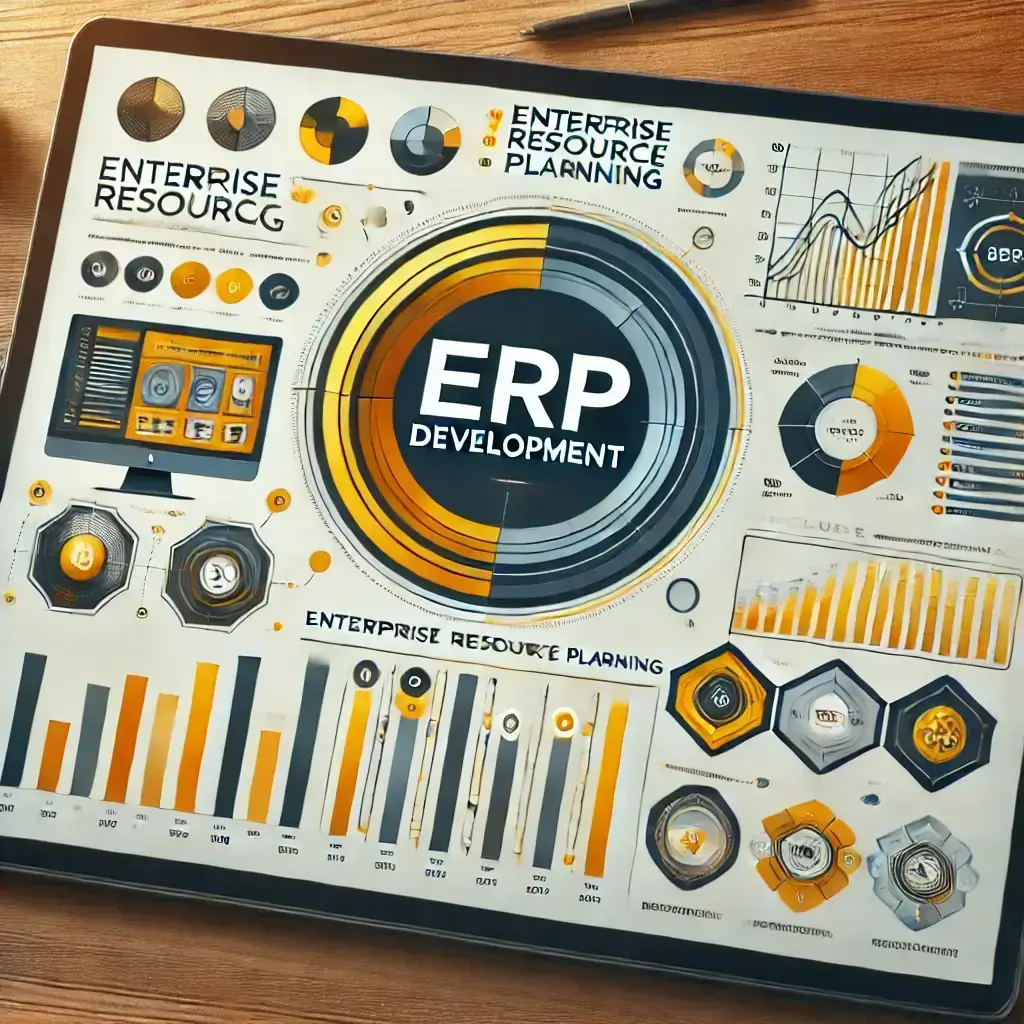1.Requirements gathering: This is the process of identifying the specific needs and requirements of the business or organization.
2.Design: This is the process of creating a detailed design of the software, including the user interface and the overall architecture of the system.
3.Development: This is the process of actually building the software, using programming languages and tools.
4.Testing: This is the process of testing the software to ensure that it functions as intended and to identify and fix any bugs or errors.
5.Deployment: This is the process of installing and setting up the software in the target environment, whether it be a web server, a mobile device, or a desktop computer.
6.Maintenance: This is the process of maintaining and updating the software over time, to ensure that it continues to function as intended and to address any issues that may arise.
An ERP system is designed to integrate all of these processes into a single, unified system. This allows businesses to access and manage all of their data from a single location, which can help to improve efficiency and decision-making and CnEL can help you with that.

How can CnEL team facilitate the development of your ERP system
Why do you need ERP Development services?
ERP (Enterprise Resource Planning) development services are needed to create a comprehensive software system that can integrate and manage various business processes, such as accounting, inventory management, human resources, and customer relationship management. This allows organizations to streamline their operations, improve efficiency, and make data-driven decisions. Additionally, ERP development services can be tailored to meet the specific needs and requirements of a business, making them a valuable tool for businesses of all sizes and industries.
How a small business can grow by using ERP Development Services.
ERP development can provide a wide range of benefits for businesses and organizations, such as:
Integration of business processes: An ERP system can integrate all of a business's core processes into a single, unified system, which can improve efficiency and decision-making.
Improved data management: An ERP system can provide better data management and analysis capabilities, which can help businesses to make more informed decisions.
Increased scalability: An ERP system can be designed to scale with the business or organization, which can help it
1.Improved Efficiency: An ERP system can automate and streamline various business processes, such as accounting, inventory management, and customer relationship management. This can save time and reduce errors, allowing small businesses to focus on growing their operations.
2.Improved Efficiency: An ERP system can automate and streamline various business processes, such as accounting, inventory management, and customer relationship management. This can save time and reduce errors, allowing small businesses to focus on growing their operations.
3.Better Decision Making: An ERP system can provide real-time data and analytics, giving small business owners and managers the information they need to make informed decisions.
3.Increased Visibility: An ERP system can provide a centralized view of all business operations, allowing small business owners to easily track and monitor performance.
4.Increased scalability: An ERP system can handle more transactions and data as a business grows, small business can easily scale up their operations without worrying about their system not being able to handle it.
5.Enhanced Customer Service: An ERP system can improve customer service by providing detailed customer information and order tracking, allowing small businesses to respond quickly to customer needs and improve customer satisfaction.
Overall, ERP development services can help small businesses improve efficiency, make better decisions, and increase visibility, which can lead to growth and expansion.